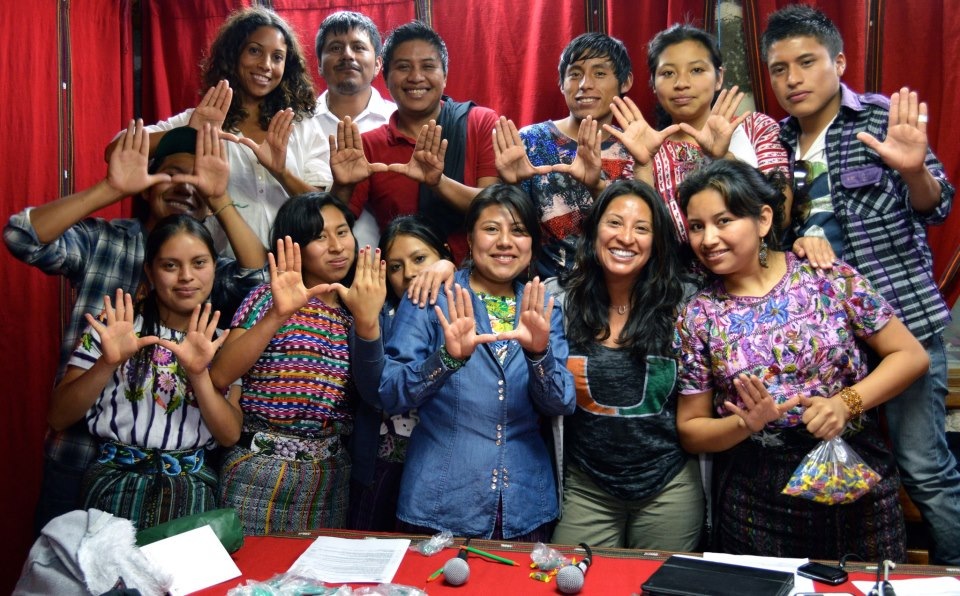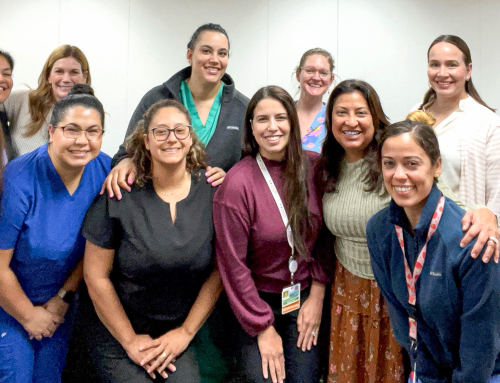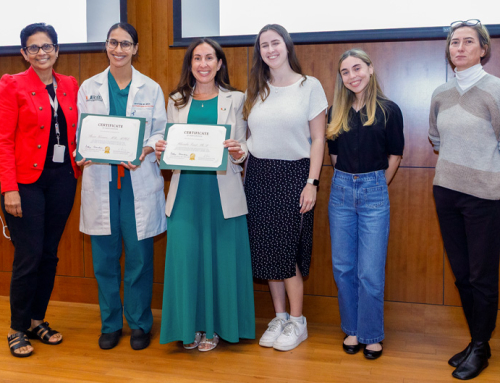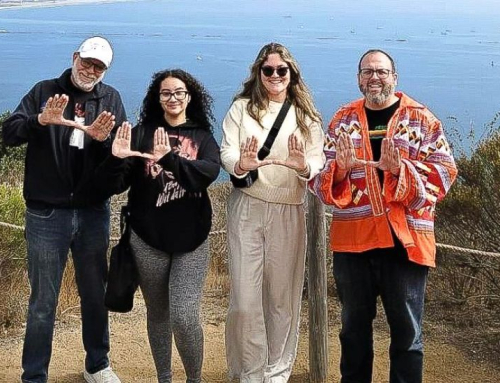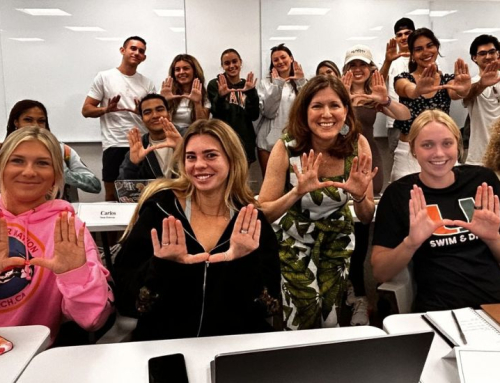Communication Studies Associate Professor Victoria Orrego Dunleavy& Ph.D. candidate Jasmine Phillips are on a mission this summer to improve the health of people in Guatemala.
The School of Communication professor and graduate student are producing a new study about HIV/AIDS awareness and prevention targeting young adults (18-25 years) in the Tz’utujil Mayan community of Santiago Atitlán, Guatemala. The study aims to design an HIV/AIDS awareness and prevention campaign based on culturally-appropriate forms of communication and current knowledge of, and beliefs about, HIV/AIDS. It is the first study of its kind to assess attitudes and beliefs specifically about HIV/AIDS in the town of Santiago Atitlán, and will address the needs of this indigenous community.
The Knight Center for International Media at the School of Communication is partnering on the projects and will track progress on its website: http://knight.miami.edu.
In March, Orrego Dunleavy and Phillips embarked on the first phase of their project, taking an exploratory trip to Santiago Atitlán, to engage stakeholders and local community leaders. During talks with these leaders they assessed the current status and capacity of HIV/AIDS intervention activities in the community and also identified partner organizations for the development for a sustainable HIV/AIDS prevention communication program.
Santiago Atitlán is in the Lake Atitlán region in the Western Highlands of Guatemala. People within this community are indigenous Maya who speak Tz’utujil & are very conservative and religious, which makes this topic all the more sensitive. They will tailor all content so that the messages are culturally appropriate and elicit comprehension. The target group is more progressive — many speak Spanish as well as Tz’utujil. Many use social media.
Orrego Dunleavy and Phillips met a group of young people who run a radio program, “Yo respondo y tu?” a weekly radio show covering topics of local social & health relevance. The group is deeply committed to the welfare of their community and its inhabitants. Orrego Dunleavy and Phillips were invited on the show to share the focus of their study.
Scholarly reports indicate Mayan cultural groups comprise about 40 to 60 percent of the total Guatemala population but fare worse than ladinos (non-indigenous Guatemalans) by almost every health and economic measure. According to the 2012 Pan American Health Organization report on Guatemala, there is a large correlation between ethnicity and poverty; indigenous people are more likely than ladinos to live in poverty, which correlates to unequal access to health care
Since the indigenous population is vulnerable across so many aspects of health and wellness, it is important to look at their vulnerability in regard to HIV. The government agency, USAID Guatemala, reports that HIV is mainly confined to ladino and urban sects, but the Mayan communities might be on the verge of an increased infection rate. Though the prevalence among the Maya is not cause for present alarm, UK-based HIV charity Avert warns that if susceptibility to HIV is not addressed now, the consequences will appear because of misinformation and cultural norms that stigmatize those living with HIV.
In July, Orrego and Phillips will conduct qualitative interviews with young adults, ages 18 – 25, living in Santiago Atitlán. This age group generally engages in riskier behavior than other populations. The participants will complete an oral survey by the researchers along with a tri-lingual interpreter that will be audio taped. The participants will not undergo any tests or procedures and are not asked about their HIV status. The survey questions are derived from standard surveys: the behavioral surveillance survey (BSS), recommended by the World Health Organization (WHO) for conducting research on populations at risk for HIV; and the AIDS Indicators Survey (AIS), widely used by the Pan American Health Organization.
